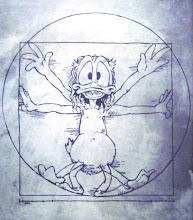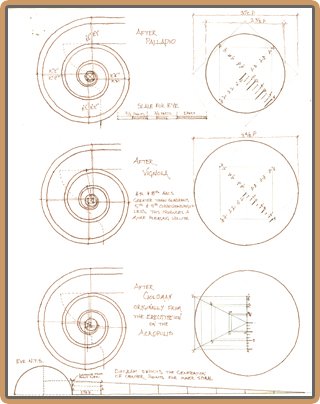It is hard to imagine, even for Angelinos, but the county of Los Angeles in 1860 had a population of only 11,000, while by the beginning of the Second World War it had reached nearly 2.6 million, and had surpassed 10 million by the end of 2006. Here is a photo of Santa Monica circa 1898, and I'm not bluffing:

Yet, amidst this growth in the number of people living here, the city has been reducing the number of letters in it's name. In 1860, the name was 'El Pueblo de Nuestra Senora la Reina de los Angeles de Porciúncula', while by the middle of the 20th century the name had been reduced to Los Angeles, and now is merely referred to as 'L.A.'.
El Pueblo de Nuestra Senora la Reina de los Angeles de Porciúncula, or literally 'The Village of Our Lady, the Queen of the Angels of the Little Portion of Land', was named by the Spanish Govenor Felipe de Neve under the guidance of Franciscan Missionaries settling the land near the eponymous Porciuncula River. The river, in turn, refers to the little chapel of the PORZIUNCOLA, where St.
 Francis often heard the singing of Angels after having rebuilt the chapel given to him on 'this little portion of land' for his Friars Minor. The Porziuncola is now inside the BASILICA OF SANTA MARIA DEGLI ANGELI, the latter having been built around the former to protect the sacred building that St. Francis rebuilt with his own hands.
Francis often heard the singing of Angels after having rebuilt the chapel given to him on 'this little portion of land' for his Friars Minor. The Porziuncola is now inside the BASILICA OF SANTA MARIA DEGLI ANGELI, the latter having been built around the former to protect the sacred building that St. Francis rebuilt with his own hands.Granted, the number of letters in a name is usually unimportant (unless you're the devil), but in this case, the reduction of the name from 55 letters down to 2 has two interesting consequences, of diverse significance:
Firstly, 55 letters would have put the city name as the 4th longest city name in the world, while as L.A., it is the shortest. And, well, it would be cool to be right up there with cities such as 'Llanfairpwllgwyngyllgogerychwyrndrobwllllantysiliogogogoch' in Wales; or Bangkok, which as the world's longest city name, is known locally as:
'Krungthepmahanakornamornratanakosinmahintarayutthayamahadilokphop
nopparatrajathaniburiromudomrajaniwesmahasatharnamornphimarnavatar
nsathitsakkattiyavisanukamprasit'
Secondly, referring to El Pueblo de Nuestra Senora la Reina de los Angeles de Porciúncula, at least in formal settings, recalls the religious and historical origins of the city. Referring to L.A. reduces it to an historically indeterminate and theologically insignificant hebetude, and is representative of our society's fear of all things religious, and a lack of understanding of the First Ammendment to the United States Constitution. This is a much greater problem than where we rank in the list of longest city names. We humans need to have reminders of the spiritual realities around us. We shouldn't be afraid to build our cities on hills, to keep our lights out, to be reminded of the cross He bore for us, and that we are not in paradise yet. This is, of course, all the more important in beautiful Southern California, as it is easy to think that we are already in paradise.
Los Angeles is not a unique situation in this regard...cities all over the country that were originally founded by Spanish Missionaries or even laymen with devotions are suffering the same secularization of nomenclature, such as San Buenaventura being reduced to 'Ventura', or San Francisco being reduced to 'Frisco'.
And so marches the secularization of our culture, and the loss of the richly historical and theologically relevant origins that make our places what they are.



No comments:
Post a Comment